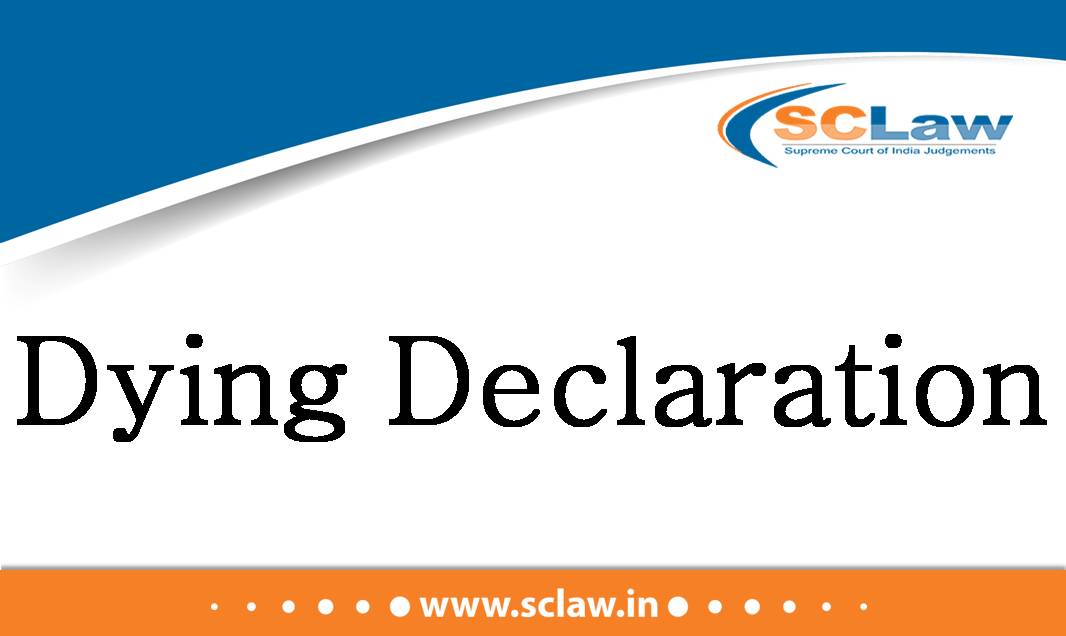Expression “falsely charges” in Section 221 IPC cannot mean giving false evidence as a prosecution witness against an accused person during the course of a criminal trial – An investigation may be transferred to the CBI only in “rare and exceptional cases”
SUPREME COURT OF INDIA DIVISON BENCH HIMANSHU KUMAR AND OTHERS — Appellant Vs. STATE OF CHHATTISGARH AND OTHERS — Respondent ( Before : A.M. Khanwilkar and J.B. Pardiwala, JJ. )…







